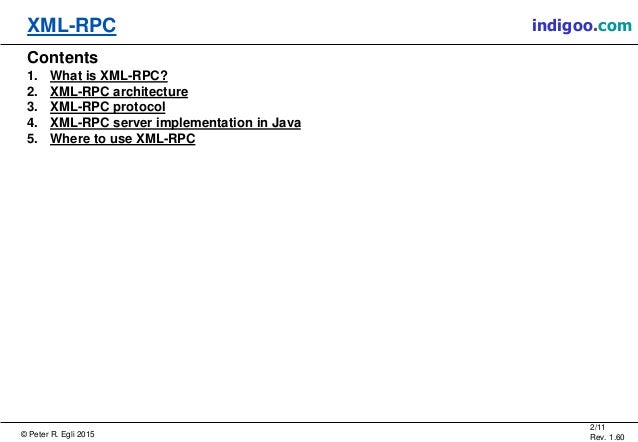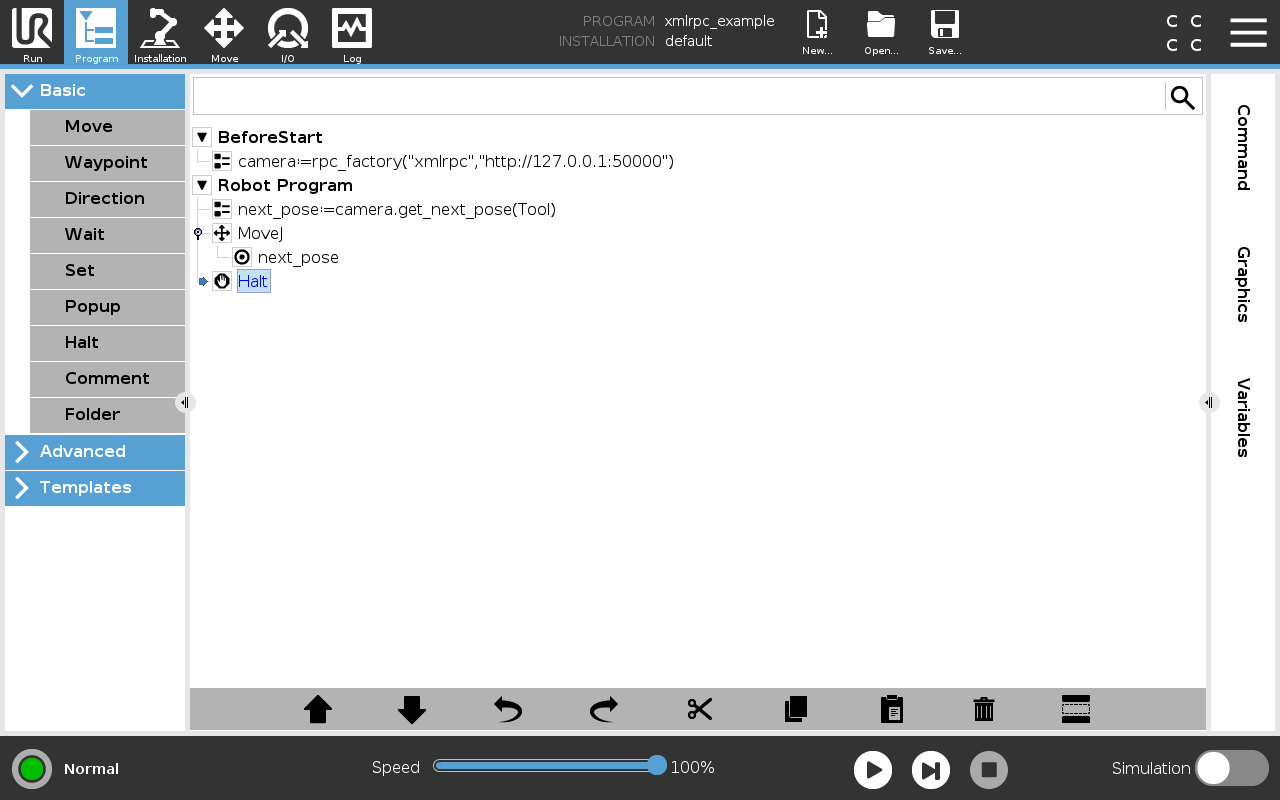

As of Bugzilla 3.6, Bugzilla always expects dateTime fields to be in the UTC timezone, and all returned dateTime values are in the UTC timezone. They should be in YYYY-MM-DDTHH:MM:SS format (where T is a literal T).

If anyone knows a different way, please let me know. dateTime fields are the standard dateTime.iso8601 XML-RPC field. I figured out one way: use a base64 value instead of a string value for the description. Here is the second line of the descriptionĪnd the third end up with the following description: This bug was created through the Bugzilla XML/RPC interfaceHere is the second line of the descriptionand the third line. This bug was created through the Bugzilla XML/RPC interface The description parameter takes a string value, but whitespace (including newlines) seems to be stripped, and I end up with a one-line description, instead of multiple lines of text. call ( 'User.I'm not sure if this is a Bugzilla question or a XML-RPC question: when creating a bug in Bugzilla using the Bug.create method of the XML-RPC API, how can I enter a multi-line description? inlineCallbacks def example (): bz = yield connect ( api_key = '123456abcdef' ) try : result = yield bz. It will take care of APIįor example, to see a list of all the groups of which you are a member: from txbugzilla import connect, BugzillaException from twisted.internet import defer from pprint import pprint. Use the call() method to make raw XML-RPC calls. Want to make some API call not mentioned here? summary ) except BugzillaException as e : print ( e ) Example: Raw XML-RPC calls find_by_external_tracker ( '', '16673' ) for b in result : print ( b. inlineCallbacks def example (): bz = yield connect () try : result = yield bz. Quickly find out “What BZ matches this external tracker ticket?” from txbugzilla import connect, BugzillaException from twisted.internet import defer. assign ( 1234, ) if result : print ( 'assigned bz #1234 to ) else : print ( 'bz #1234 is already assigned to ) except BugzillaException as e : print ( e ) Example: Searching with an upstream bug from txbugzilla import connect, BugzillaException from twisted.internet import defer. config/python-bugzilla directory in your home directory: mkdir -p ~/.config/python-bugzillaĮdit the bugzillarc file in your text editor: cat ~/.config/python-bugzilla/bugzillarc Log into Bugzilla’s web UI with your browser. Txbugzilla will look for this file and attempt to use the API key there if one This file should look something like this: $ cat ~/.config/python-bugzilla/bugzillarc config/python-bugzilla/bugzillarcįile in your home directory. If you pass no parameters to connect(), the resulting connection will beĪnonymous unless you have a special. These methods are deprecated in Bugzilla 5Īnd the latest version of txbugzilla no longer supports these. (Previous versions of txbugzilla supported the older username/password and inlineCallbacks def example (): # Authenticate with an API key bz = yield connect ( api_key = '123456abcdef' ) # Do something as this logged-in user, for example: # bug = yield bz.getbugsimple(.) from txbugzilla import connect from twisted.internet import defer. The deferred that connect() returns will fire a callback If you wish toĪuthenticate your connection to Bugzilla, you can pass an API key toĬonnect().
#Bugzilla xml rpc update
Like update bugs or view private bugs or private information.

summary ) except BugzillaException as e : print ( e ) if _name_ = '_main_' : react ( example ) Example: Authenticationīy default, connections to Bugzilla are anonymous, so you cannot do fun things inlineCallbacks def example ( reactor ): # connect() defaults to bz = yield connect () # fetch a bug try : bug = yield bz. Simple Example: Fetching a bug from txbugzilla import connect, BugzillaException from twisted.internet import defer from import react. Access Bugzilla’s XML-RPC API asyncronously (non-blocking) using the Twistedįramework.


 0 kommentar(er)
0 kommentar(er)
